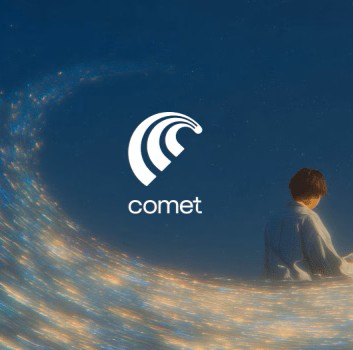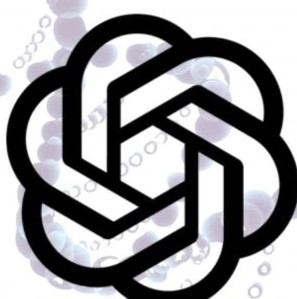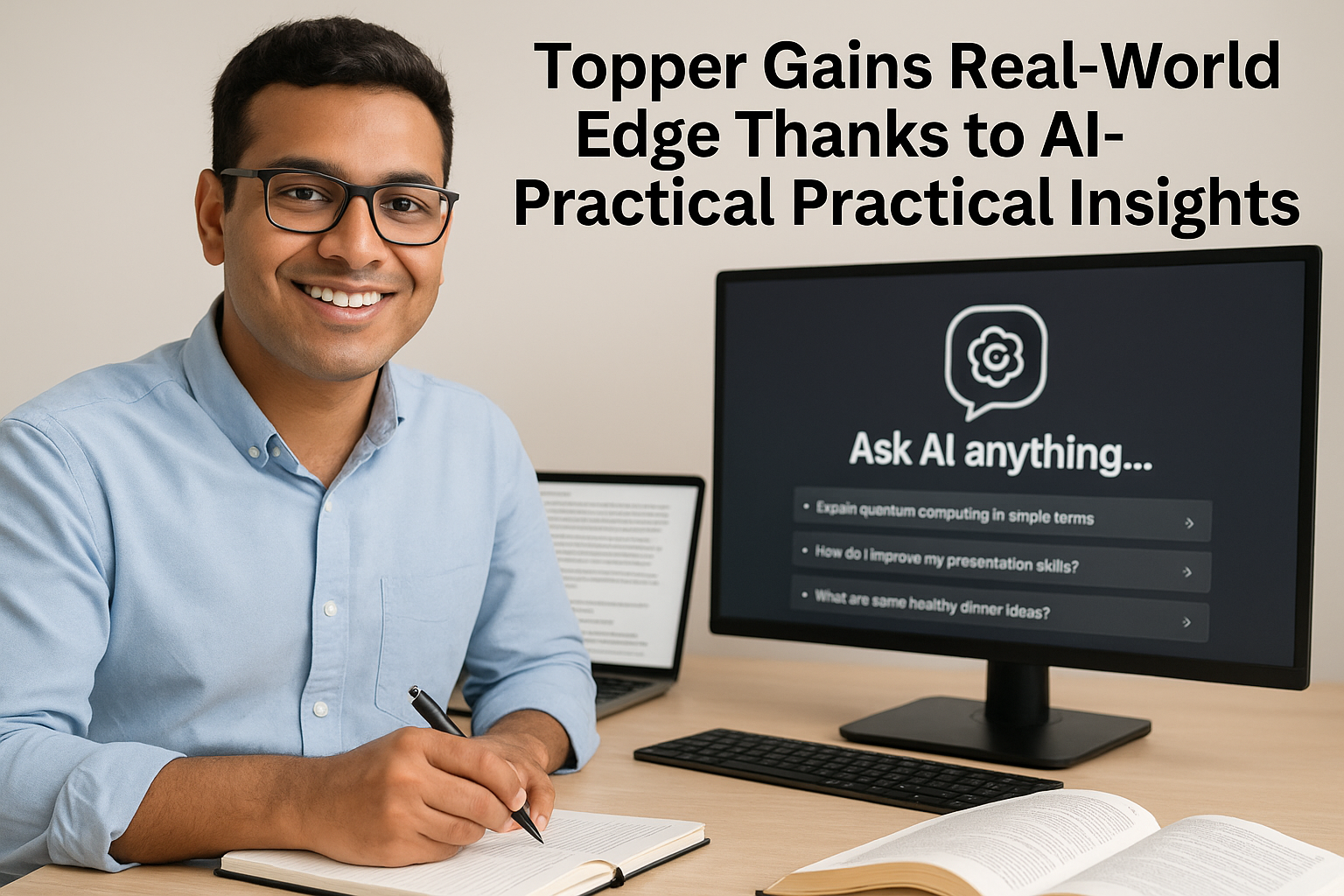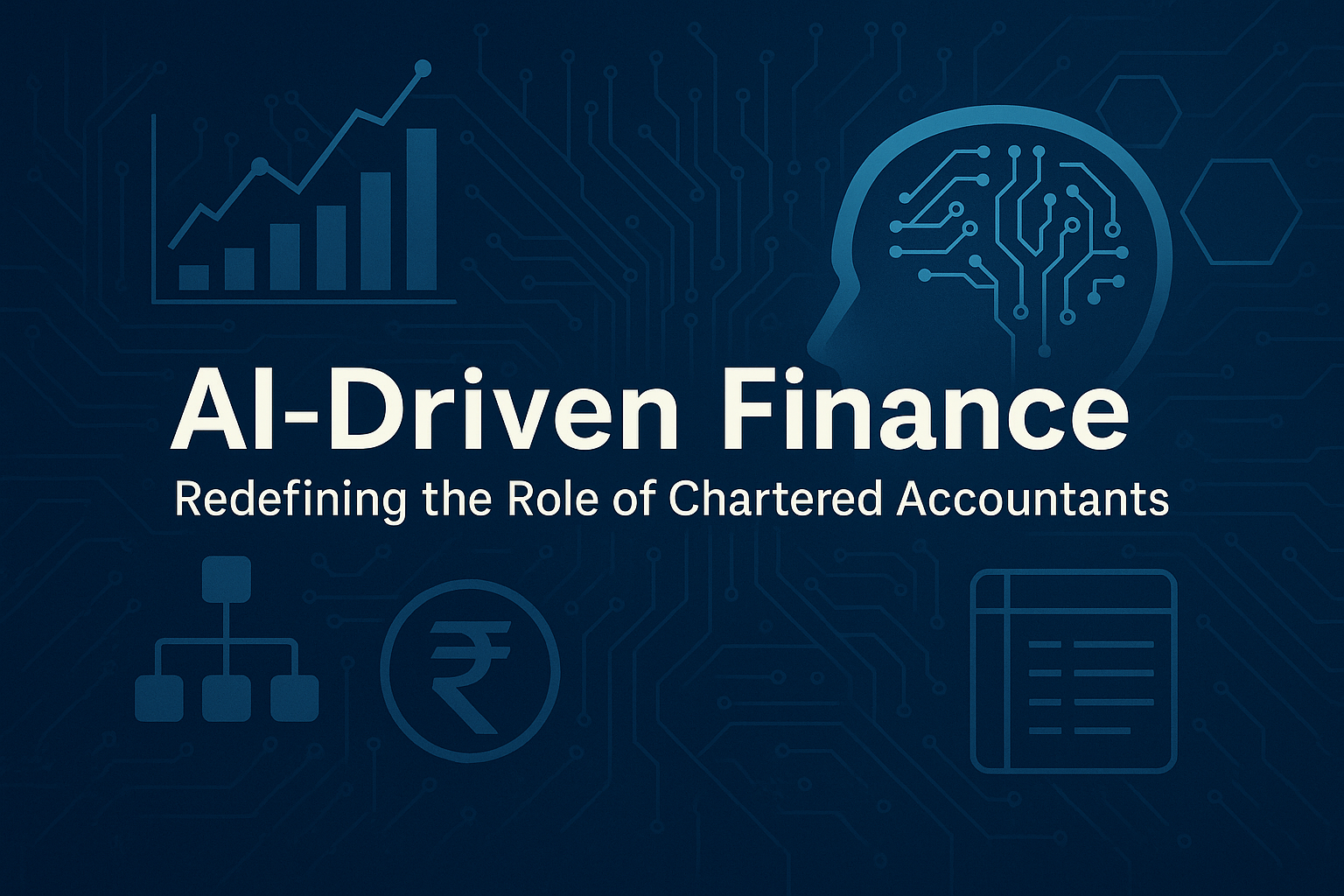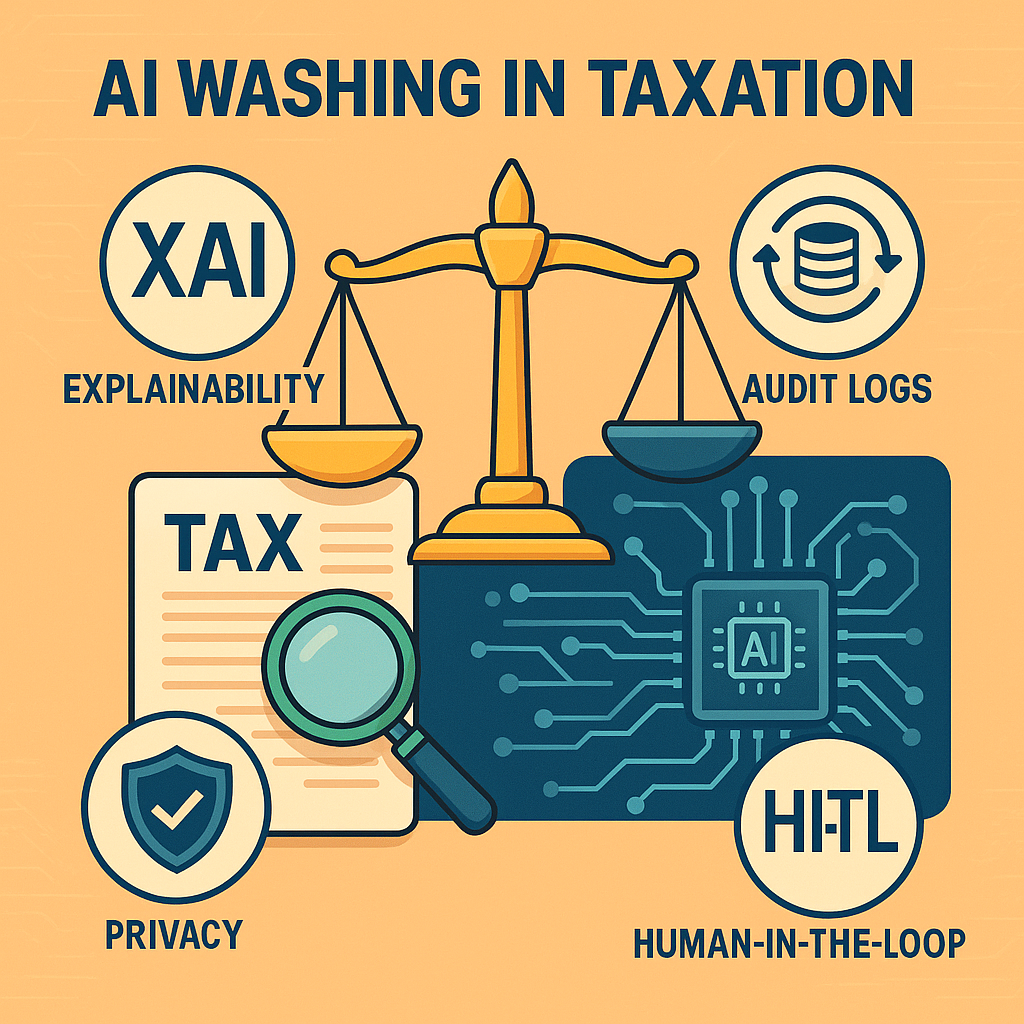1. Context: From Desktop to Mobile
Launched earlier this year for desktop platforms, Comet entered the market via an invite-only model on Windows and macOS, built on the Chromium framework and integrating the Perplexity search engine as its backbone.
In recent weeks, Perplexity has confirmed that the Android edition is live in early access, with a select group of users already receiving invites.
According to tech-media reports, this marks a significant step in making Comet available on mobile devices, which are a vital battleground in the browser wars.
2. What’s New: Re-imagined Assistant & Mobile Optimisation
Perplexity describes a “completely reimagined” Comet Assistant—its built-in AI agent—now equipped with enhanced capabilities. Among the upgrades: ability to handle tasks across multiple tabs, assist in job-hunting, help with finding travel deals, and manage more complex workflows.
Internal testing reportedly shows the assistant performs 23% better than its predecessor in multi-step task sequences.
On Android, testers have discovered features such as dark mode, tab management, homepage widgets, ad-tracker blocking, and a settings menu to set Comet as the default browser.
These changes emphasise productivity and “agentic browsing” rather than simply webpage-viewing.
3. Invitation Model & How to Gain Early Access
To participate in the Android rollout, users must visit the Google Play Store listing or the Comet official website and register for an invite.
Perplexity’s CEO Aravind Srinivas (via X) noted that priority is being given to users who actively use the Perplexity Android app and those subscribed to Pro/Max tiers.
“Comet Android early invites are going out. If you want to maximise your chances for early access … it all comes down to your Perplexity Android usage and Pro/Max user status! More invites will go out soon.”
This approach suggests the company is targeting committed users before opening it widely.
4. Competitive Landscape: AI Browsers & Market Shift
Comet emerges at a time when the browser space is undergoing a transformation. While legacy browsers such as Google Chrome hold large market share (~60% on mobile) , a wave of AI-first browsers is now vying for attention. For example, ChatGPT Atlas from OpenAI introduces a unique sidebar-agent model for users.
Perplexity seeks to harness agentic browsing — where an AI assistant actively follows the user’s workflow, not just passively respond to queries. The Android rollout is central to extending that vision beyond the desktop.
5. What This Means for Users and the Browser Market
For users, the Android version of Comet offers:
- A personalised browsing assistant that adapts to your workflow.
- Tools to summarise, manage tabs, and automate multi-step tasks on mobile.
- Early access via invite model, which may give testers an edge in influencing future features.
For the browser market:
- It signals that AI-enhanced browsing is moving from niche to mainstream.
- Legacy browsers may face pressure to adapt faster or integrate deeper AI-agent features.
- Pre-installation and default-browser status (especially on Android) become key battlegrounds. (Earlier reports noted Perplexity is in talks with smartphone makers to pre-install Comet).
6. What to Watch: Release Timing & Adoption Risks
While early invites are out, a full public Android launch date remains unspecified. The company is still conducting beta tests and gathering feedback.
Security and privacy concerns may arise given the depth of agentic behaviour — for example, tracking across tabs, profile-linked tasks and automation. Users should monitor permissions and data-handling practices.
Finally, adoption hinges on whether enough users switch from entrenched defaults and whether the AI assistant proves genuinely useful across mobile workflows.
Conclusion
The Android version of Perplexity’s Comet browser represents a significant milestone in the evolution of AI-centric browsing. With its deeply integrated assistant, task automation, tab-management enhancements and mobile-optimised UI, it promises to redefine how web experiences are structured on handheld devices. As invites go out selectively to Pro/Max users and active Android users, the world will be watching how this next wave of agentic browsing competes with established browser giants and transforms user expectations.
Source:indianexpressGPT



